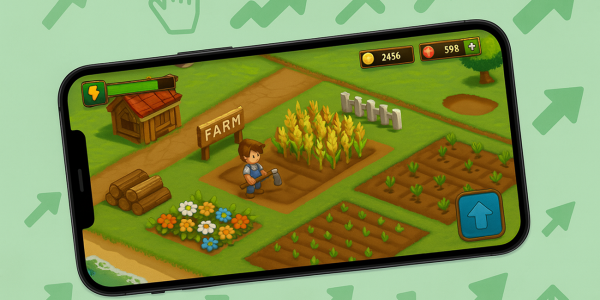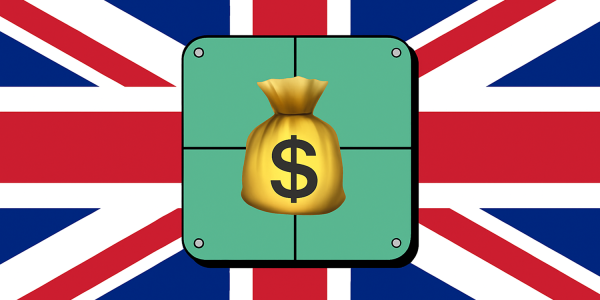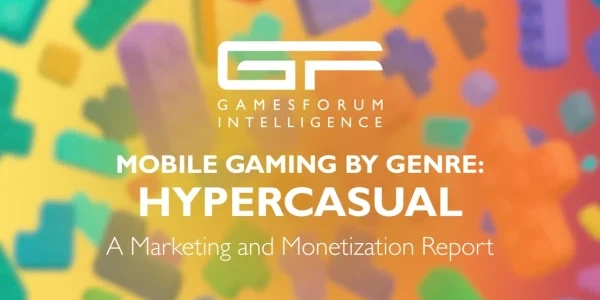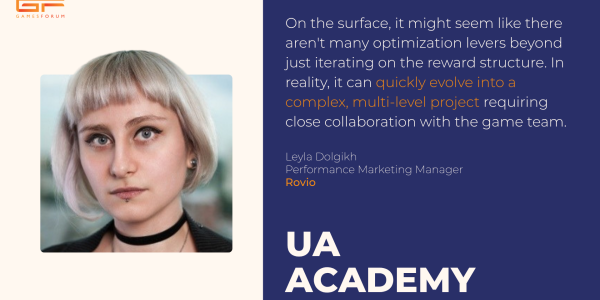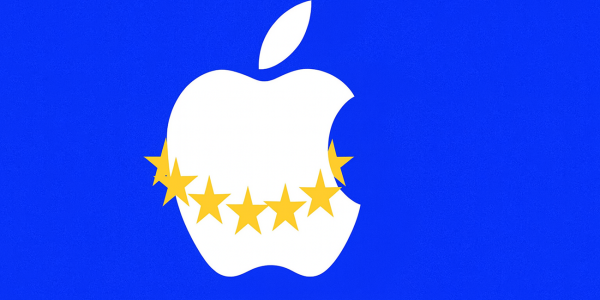Fix the Funnel: EA’s Oindrila Mandal on Designing Economies Players Actually Want

EA’s Senior Game Product Manager, Oindrila Mandal, breaks down the psychological blind spots most studios miss, how to design economies that survive TikTok attention spans, and why long-term retention, not short-term cash grabs, is the real growth strategy.
How do you approach monetization in the age of TikTok attention spans - can long-tail engagement still be designed into mobile economies?
Because of limited attention spans, it is more important than ever to provide a compelling value proposition to players from the very first step of the engagement funnel. The first-time user experiences should be designed in such a way that it encourages players to participate in the economy from the very first session. Ample free resources and rewards early on in gameplay will help train players to interact with the economy which is conducive to long term monetization. Long tail economy engagement should be the goal for every game that wants to grow sustainably without sky-high UA budgets. But it is undeniable that in the current landscape even committed players who enjoy playing the game will quickly churn out if they get stuck, or they are not able to progress fast enough, or they simply don’t know what to do next in the game.
One best practice for long tail monetization is to understand where the committed players are struggling then strategically surface engagement and monetization interventions. These interventions could be offers, bundles, discounts, incentivized ads, or even free rewards. The key being the intervention should be tailored to the player’s need and not a generic IAP offer.
Another best practice is to offer helpful hints to players on how they can progress faster or recommend items that would help them reach their goals in-game. This reduces player frustration especially for games with complex economies and deep monetization systems. If players have to stop playing the game and go to third party sites to get answers to their questions about the game, chances are they are not coming back.
What monetization mechanic are we collectively overusing right now - and what’s being underutilised or misunderstood?
I think as an industry we are over-using gachas. While gachas can bring fun and excitement to a player’s purchase journey, if gachas become the sole monetization mechanic it becomes problematic. With certain gachas, players might find themselves shelling out more than the full price of a game and still not obtain the chase item, resulting in a negative experience.
I think an underutilized monetization tactic is sponsorships. While some games have dabbled with IP and brand integrations, these are too few and far in between. Additionally, most in-game integrations are free partnerships which is a missed opportunity for monetization. Games today are a compelling marketing channel for brands to reach next-gen consumers. Hence, more games should streamline the way they source and integrate sponsored content from brands.
I think an underutilized monetization tactic is sponsorships. While some games have dabbled with IP and brand integrations, these are too few and far in between. Additionally, most in-game integrations are free partnerships which is a missed opportunity for monetization.
Do you believe that personalising offers at the player level leads to stronger long-term outcomes - or does it risk breaking perceived fairness in a game economy?
I believe personalized offers can greatly enhance both the player experience and business outcomes for a game. I think personalization, when done right, can improve monetization as well as engagement and retention. It can also help to streamline the player experience and improve player’s perception of the game. For example, instead of a player seeing multiple pop-ups of various in-game promotions every day, personalization can help to surface the right offer to the player, exactly when they need it. This minimizes disruption to core gameplay, reduced player’s decision-making burden, increases chances of conversion on that offer, and may even improve the player’s receptivity to future offers.
Over the long-term, this can lead to better game KPIs. In my opinion, a thoughtful implementation of personalization enhances fairness. Players are diverse and there is no one-size-fits-all way of monetizing them. From a player’s perspective, it does not matter if there is an offer or discount on an item that the player does not need at this moment, or the sale is running when the player cannot afford to spend in game. This type of perceived fairness is not helpful in the player’s gameplay journey, in fact it could even feel unfair to the individual player. It is objectively fairer to run personalized offers according to every individual player’s needs. Most retail and digital consumer businesses already lean heavily into personalization with great success and positive customer outcomes. There is no reason for gaming to not follow suit.
When designing for monetization, how do you reverse-engineer from player psychology without crossing into exploitation?
A good monetization system is designed to improve player experience. An exploitative monetization system does not care about player experience and focuses solely on monetization. So even if an exploitative monetization system generates tons of revenue in the short-term, it is inherently unsustainable and will degrade player experience in the long-term.
A good practice to prevent exploitation in monetization features is to tie the feature’s success to engagement and retention KPIs. If studios start shutting down harmful monetization tactics as soon as retention or engagement starts suffering, it will incentivize developers to design player-friendly monetization mechanics.
If you were starting a new studio today, with no legacy systems or IP constraints, what monetization philosophy would you build from scratch, and why?
If I were to start a studio today, I would leverage hybrid monetization with advanced intelligent segmentation capabilities that caters to free-to-play players as well as spenders according to their needs.



